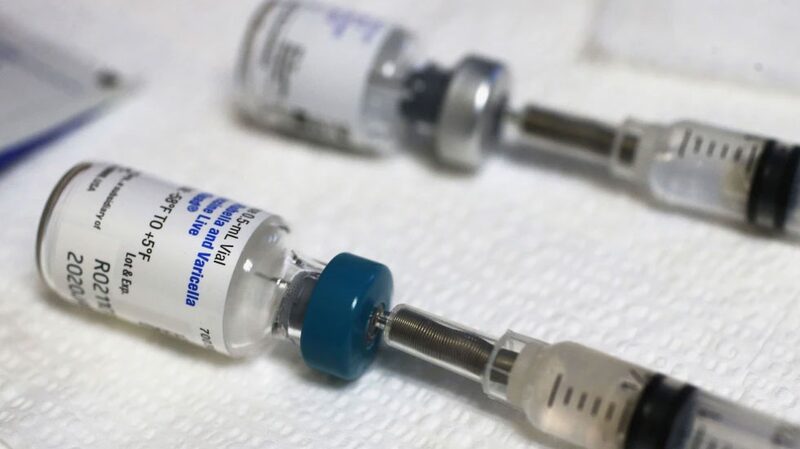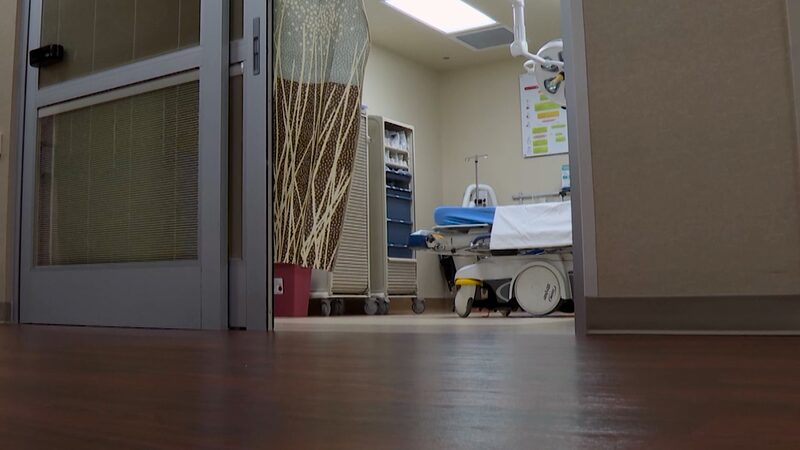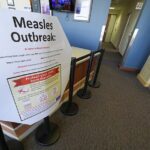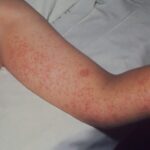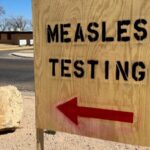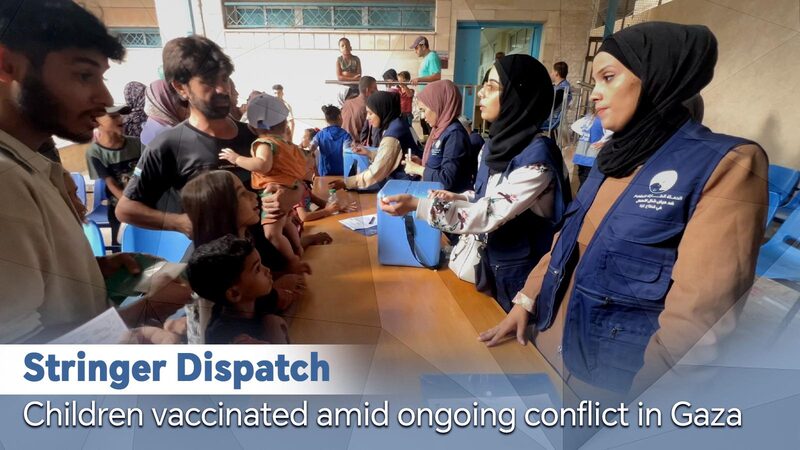The ongoing measles outbreak in West Texas has escalated to 48 cases, marking the state's most severe occurrence in nearly three decades. The majority of those affected are children and teenagers who are either unvaccinated or have unknown vaccination statuses.
State health officials reported on Friday that thirteen individuals have been hospitalized due to the outbreak. The cases are predominantly concentrated within a \"close-knit, undervaccinated\" Mennonite community in the highly rural Gaines County. Many families in the area either send their children to small private schools or opt for homeschooling, according to Texas Department of State Health Services spokesperson Lara Anton.
\"The church isn't the reason that they're not vaccinated,\" Anton clarified. \"It's all personal choice, and you can do whatever you want. It's just that the community doesn't go and get regular health care.\"
In response to the outbreak, state authorities are collaborating with local health officials to enhance screening and vaccination efforts. Additionally, there are initiatives to educate school officials on identifying measles symptoms and encouraging families to vaccinate their children.
Measles is a highly contagious virus that can linger in the air for up to two hours, with up to 90% of susceptible individuals contracting the virus upon exposure, according to the U.S. Centers for Disease Control and Prevention. Prior to the introduction of the vaccine in 1963, the United States experienced between three to four million cases annually. In contrast, the number usually remains below 200 cases each year now.
2024 has seen a rise in measles cases across the U.S., including an outbreak in Chicago that has affected more than 60 individuals. Vaccination against measles, which requires a two-shot series, is mandatory for most U.S. kindergartners to enroll in public schools.
Texas law permits children to receive exemptions from school vaccines for reasons of conscience, including religious beliefs. The percentage of students with exemptions has increased over the past decade, rising from 0.76% in 2014 to 2.32% last year, as per state data.
Reference(s):
Measles outbreak in U.S. state hits 48 cases, worst in nearly 30 years
cgtn.com
